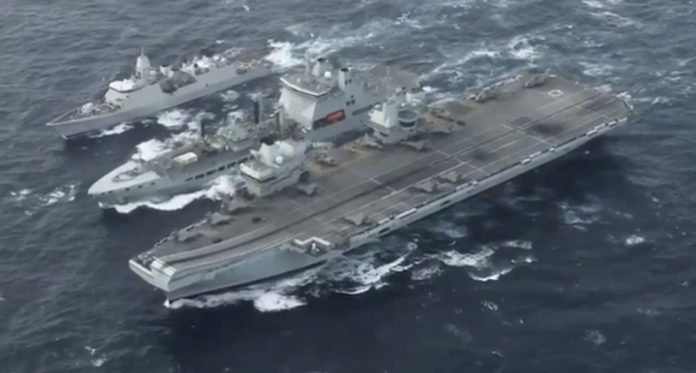By Basil Germond*
The security and prosperity of the United Kingdom (UK) overwhelmingly depends on the global maritime supply chain. This also includes the supply of critical components to the country’s industry, including the military industrial base. In addition, Britain’s economic and energy security depends on critical maritime infrastructure: communication cables, energy connectors, offshore rigs and wind farms. (Britain’s world)


